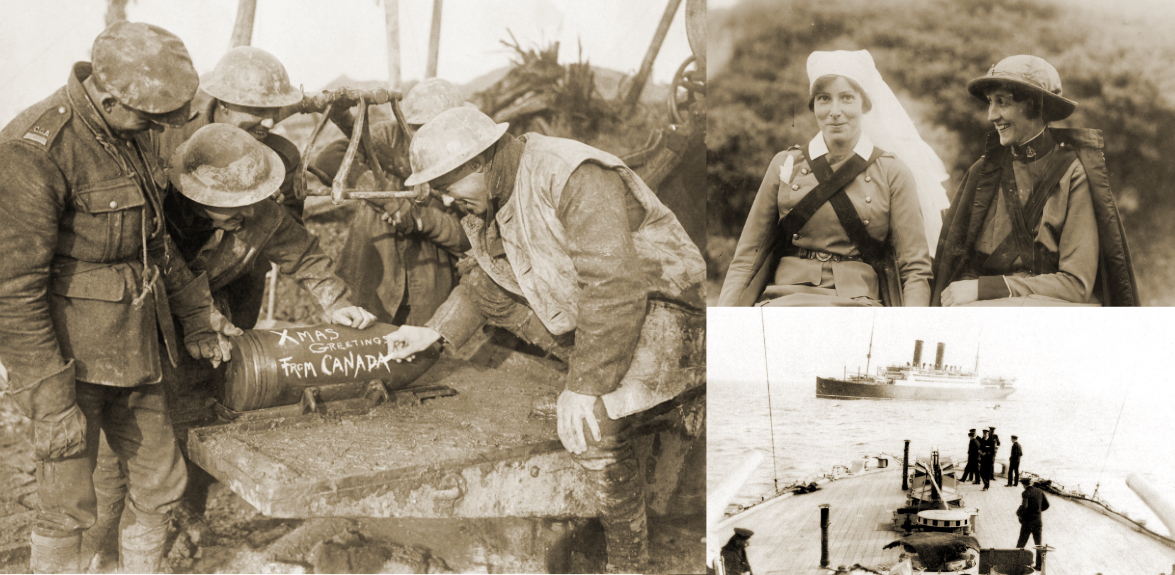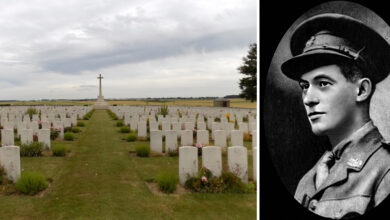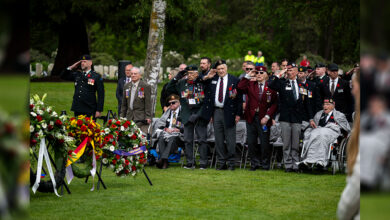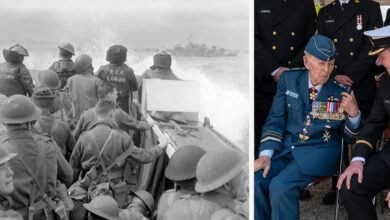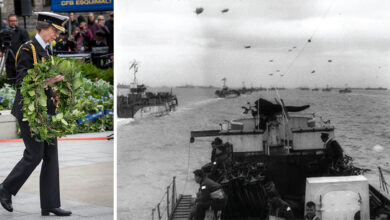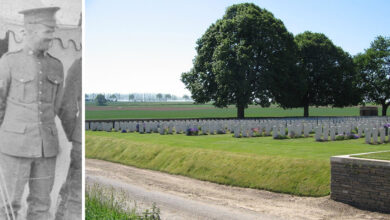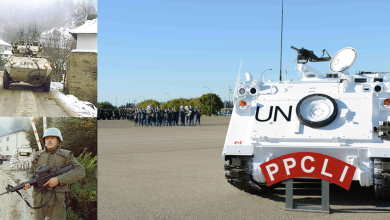History
108 Years since Canada joins First World War
One hundred and eight years ago, the world watched as one country after another declared war against each other to start the greatest war the world had ever seen.
As a country of the Commonwealth, Canada was also thrust into the First World War on August 4, 1914, after the British declaration of war.
The next four years not only lastingly altered the Canadian military but also the Canadian people at home and on the world stage.
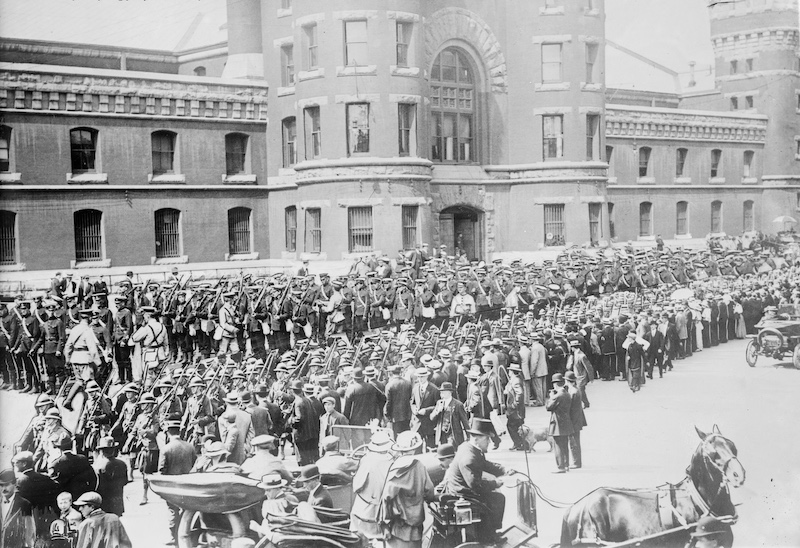
The Great War Begins
After the assassination of Austrian-Hungarian Archduke Franz Ferdinand, one by one, European nations declared war. Great Britain declared war on Germany on Aug. 4, 1914, after German troops entered Belgium. Although Canada was a self-governing dominion, it did not control its own foreign affairs and so too was automatically at war.
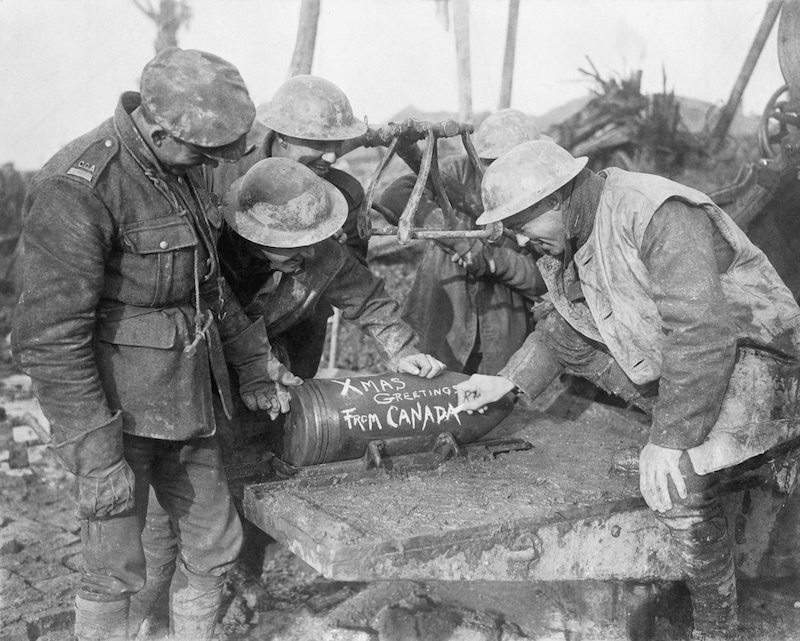
In 1910, Prime Minister Sir Wilfrid Laurier stated: “when Britain is at war, Canada is at war. There is no distinction.” Hence, it explains the Canadian sentiment at the time about going to war with Britain.
Canada’s Contribution
Canada contributed around 619,000 soldiers during the course of the four years of the war. According to the War Museum website, approximately seven per cent of the total population of Canada served in the First World War and hundreds and thousands more served on the home front to support the war.
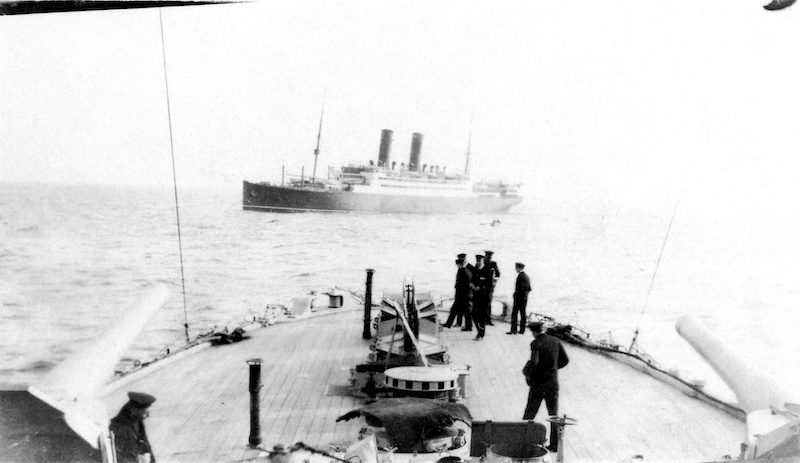
Showcased Military Skills
Canadians served bravely during the Great War, showcasing military skills, and gained an unprecedented reputation as the primary fighting force at the front. The most significant of these contributions came at the Battle of Ypres in 1915, the Battle of Beaumont-Hamel in 1916, and Passchendaele in 1917.
According to the War Museum: “Canada emerged from the First World War a proud, victorious nation with newfound standing in the world. It also emerged grieving and divided, forever changed by the war’s unprecedented exertions and horrific costs.”
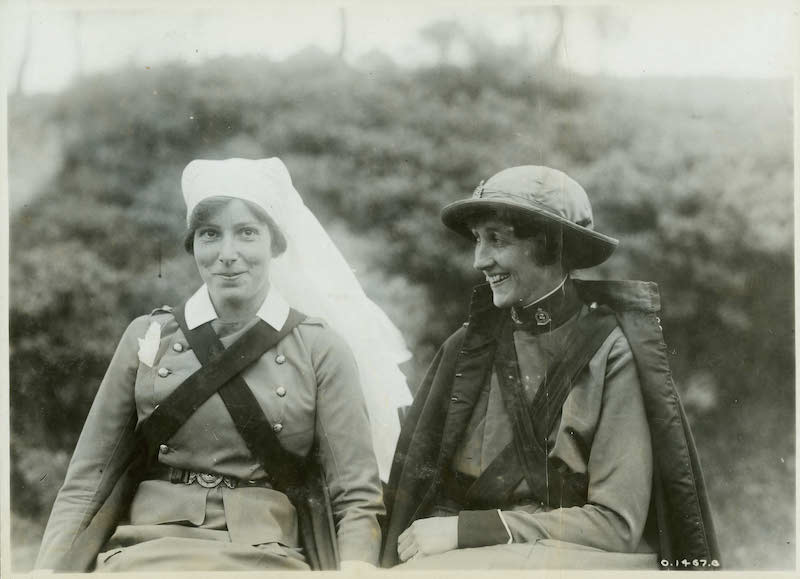
Significant Contributions & Sacrifices
This recognition and prestige came at a price. More than 66,000 soldiers lost their lives, and more than 172,000 were wounded. Because of Canada’s significant contributions and sacrifices, Canada was given a separate signature on the Treaty of Versailles that ended the war in 1918.


